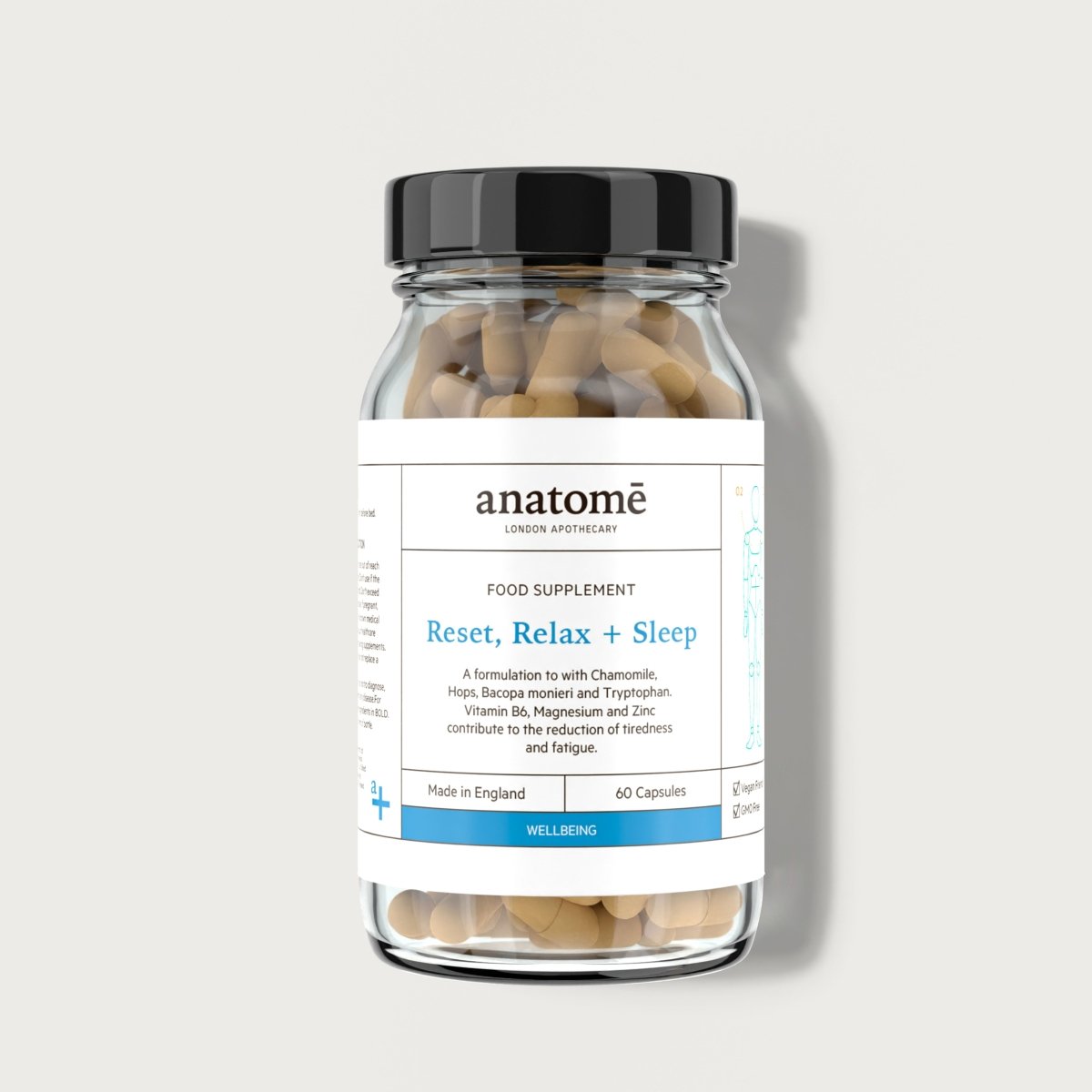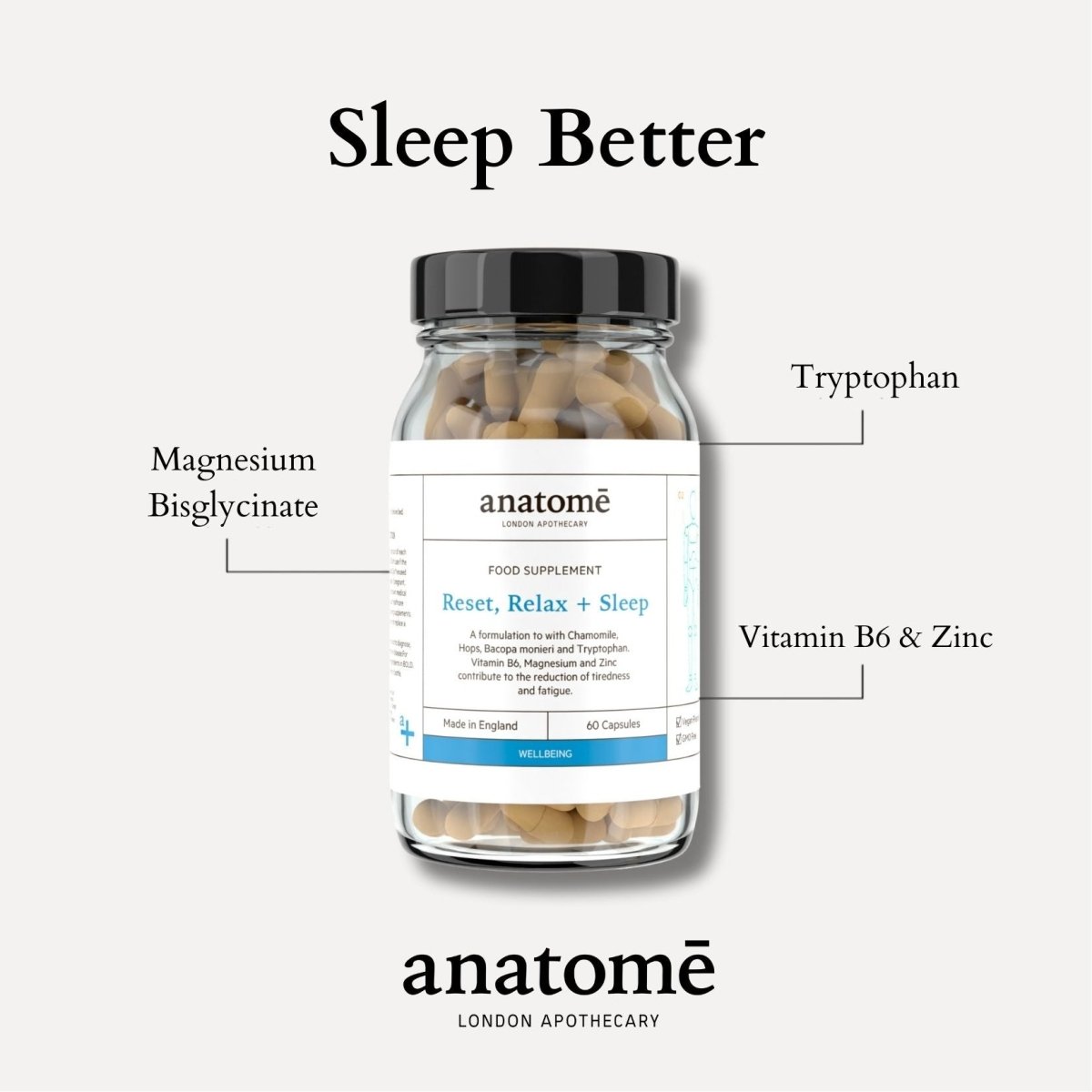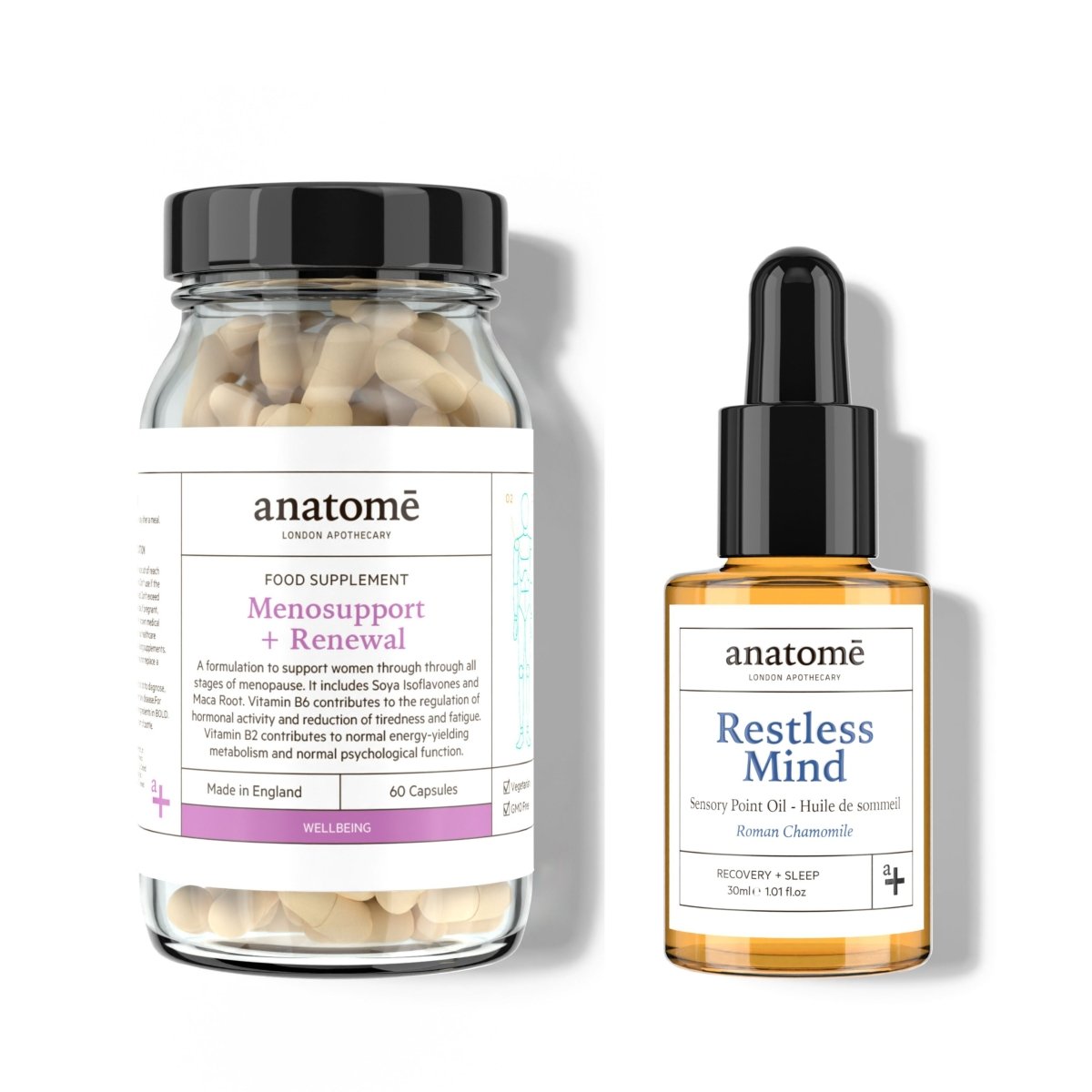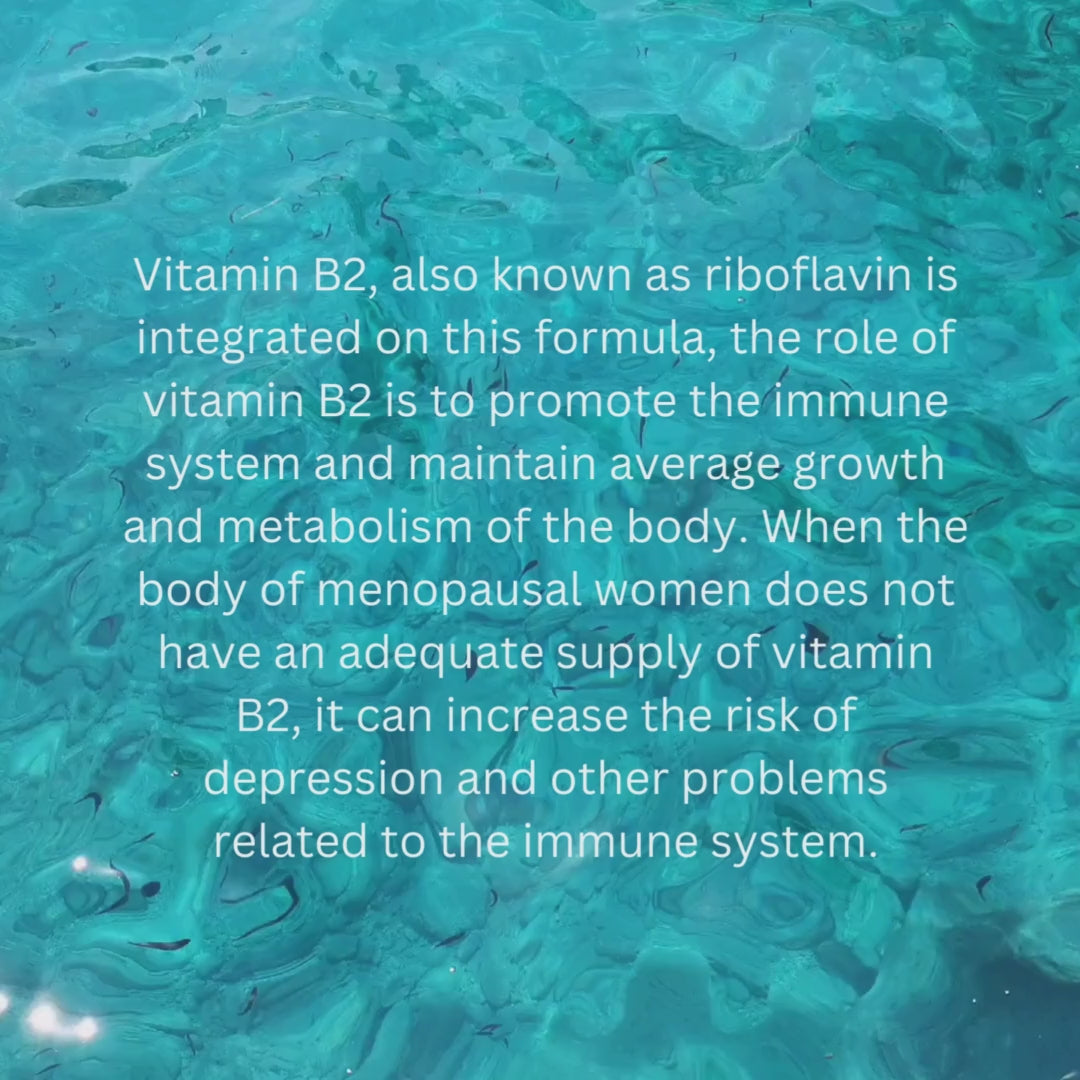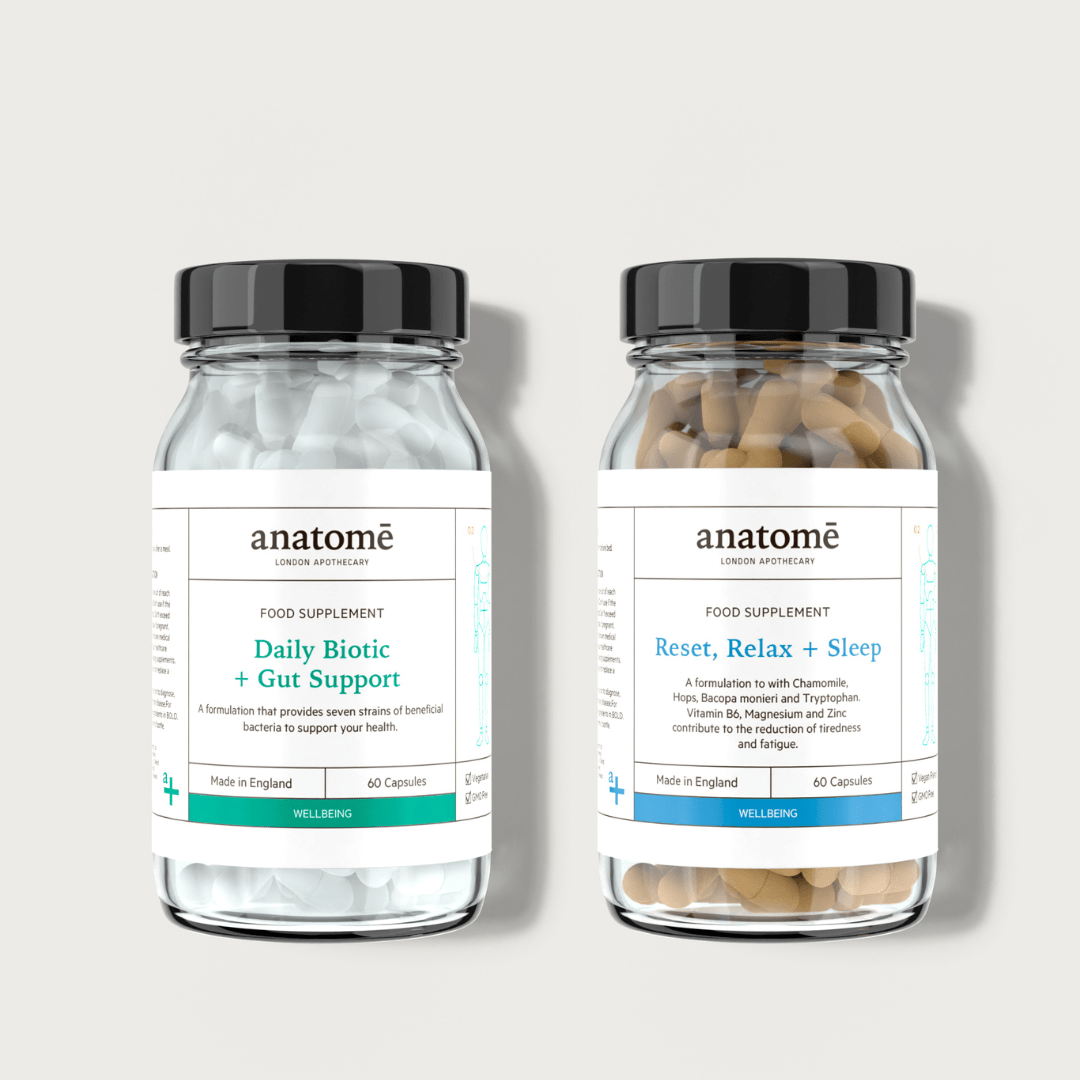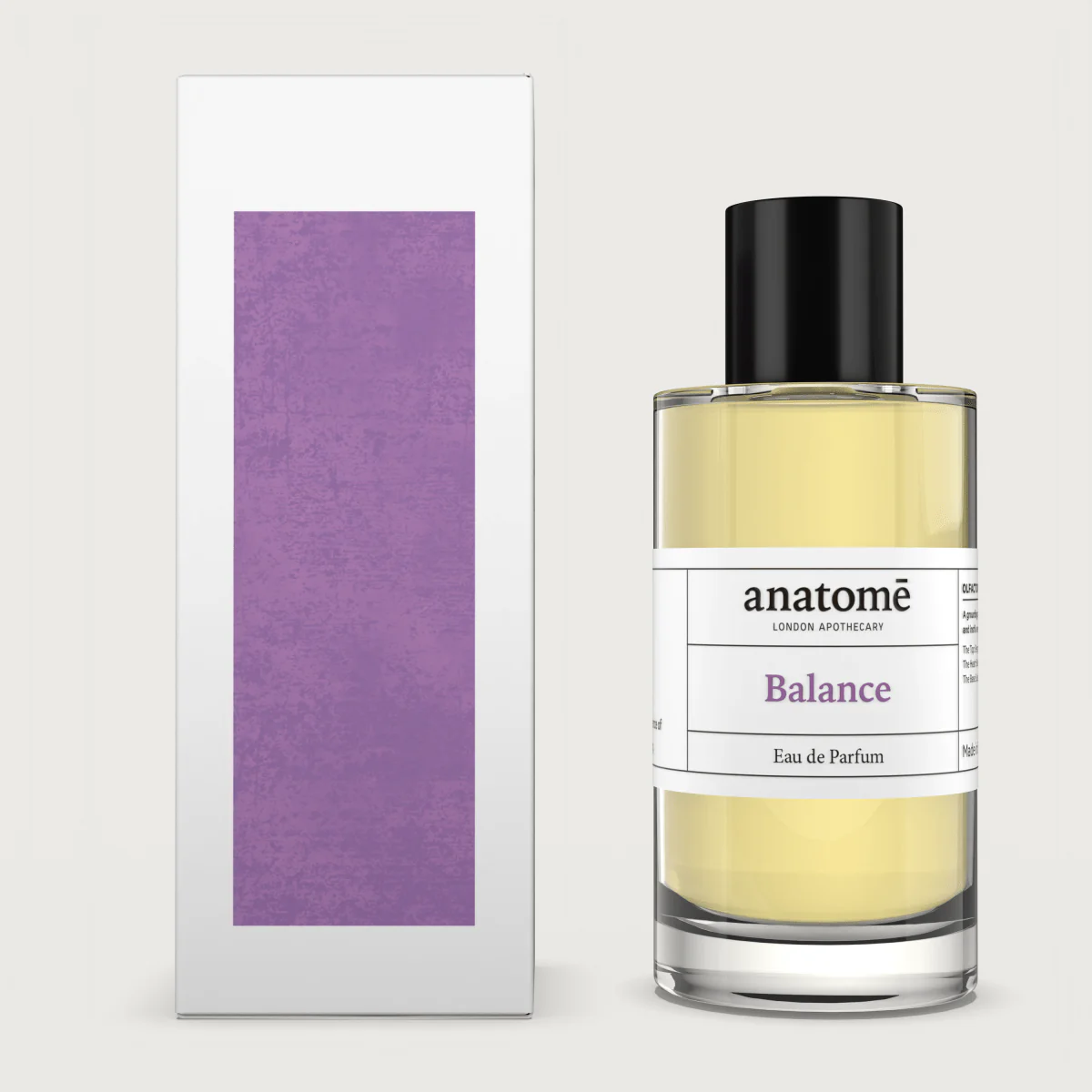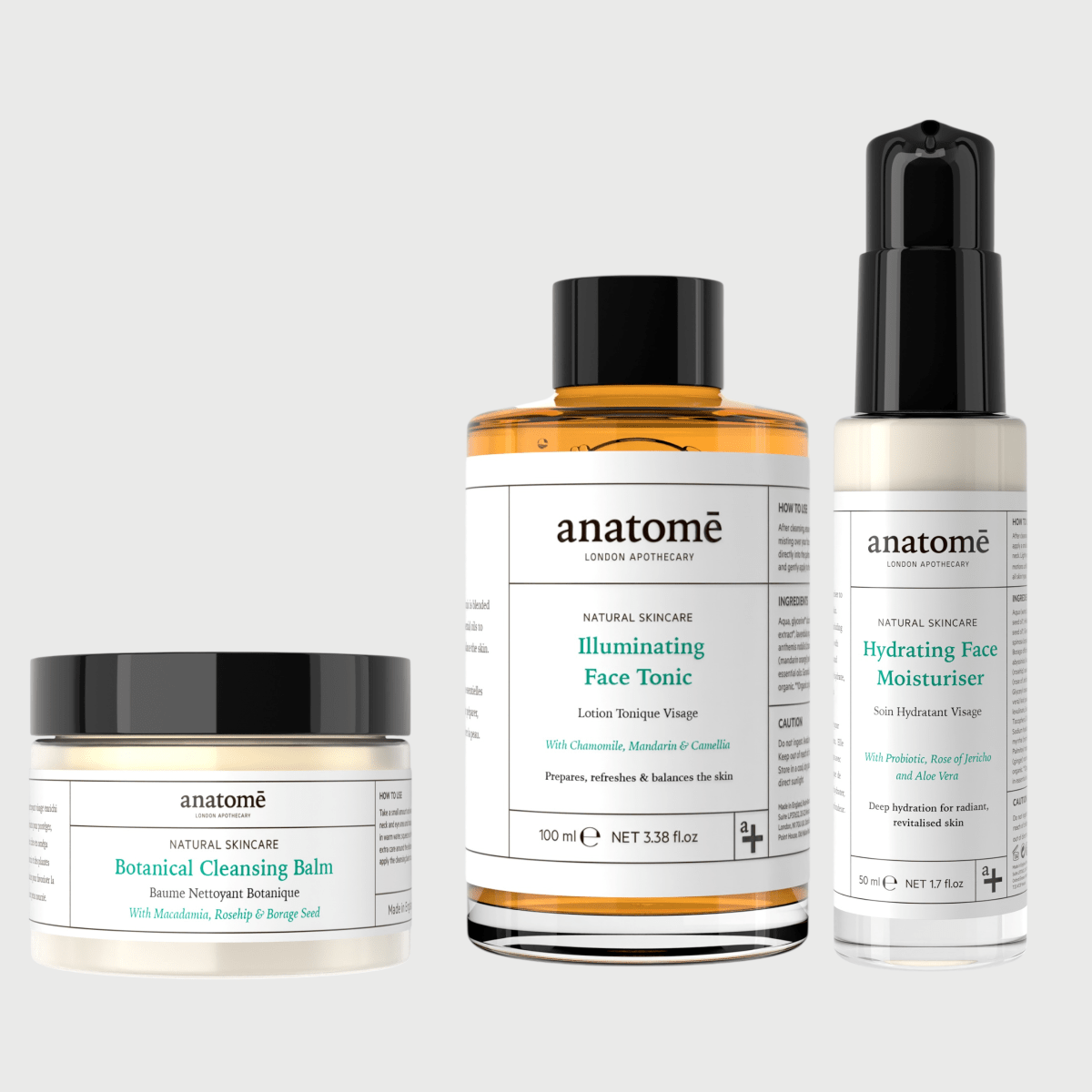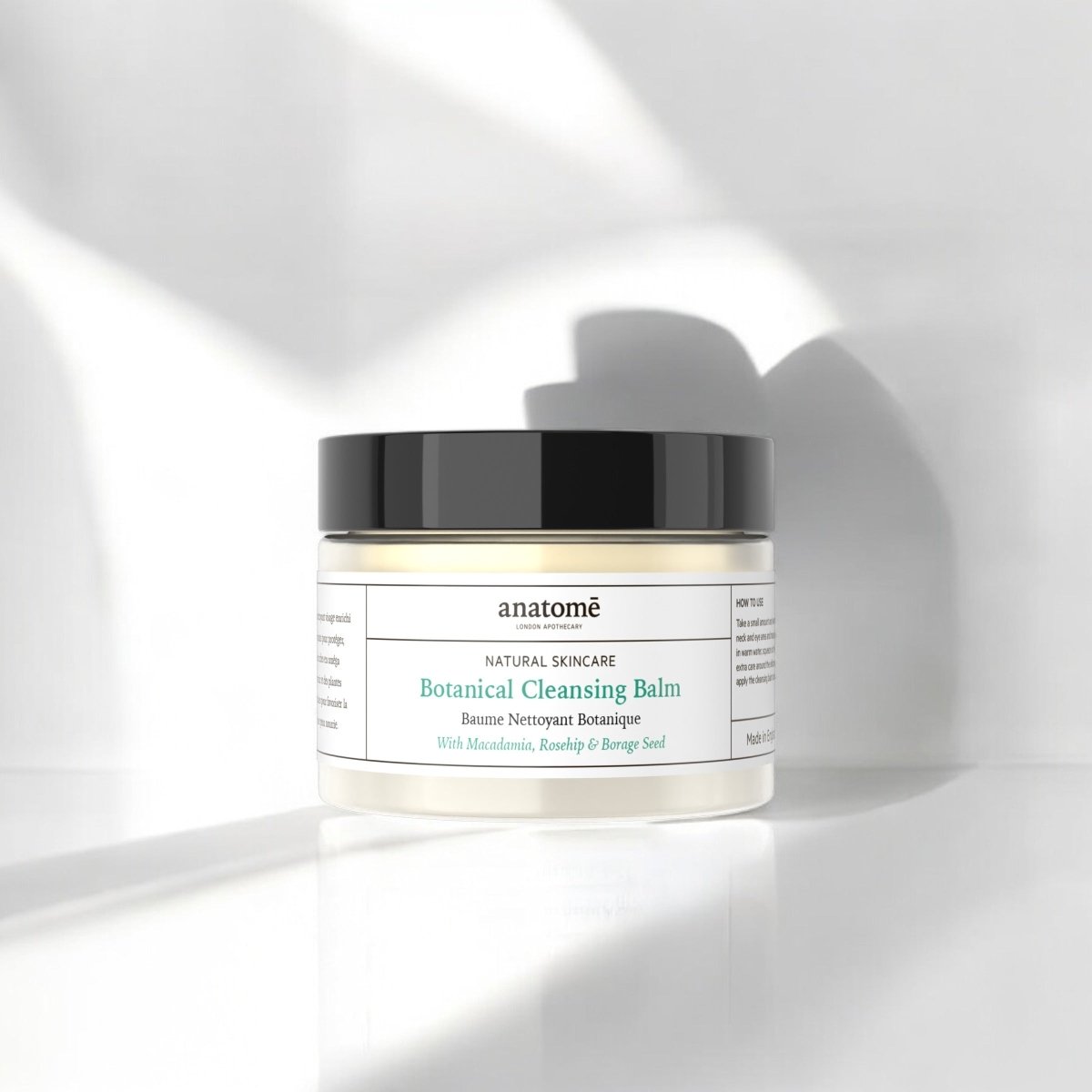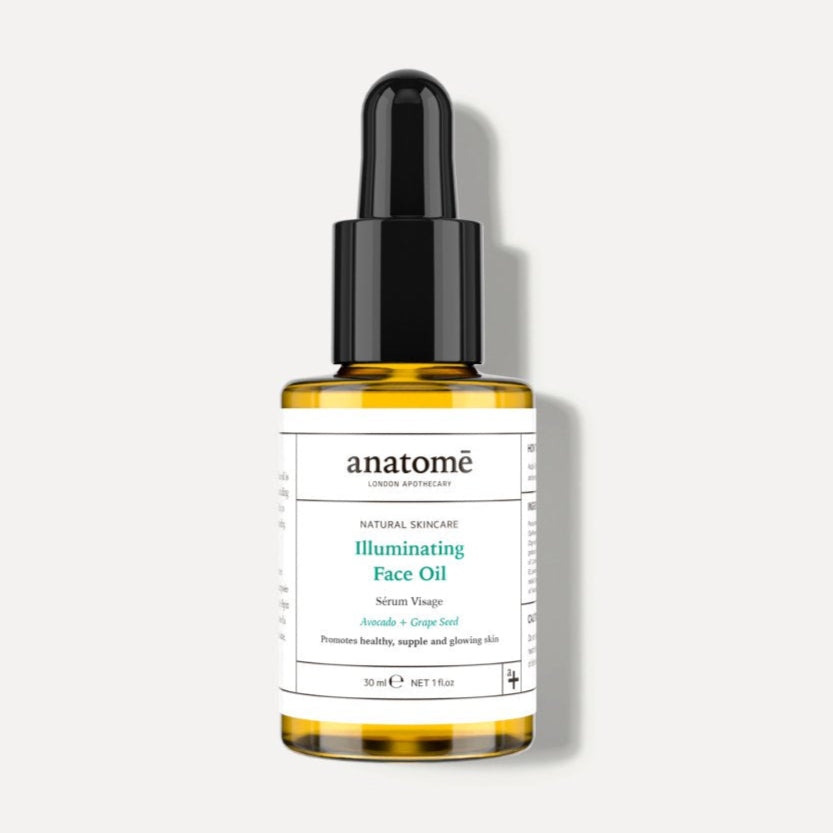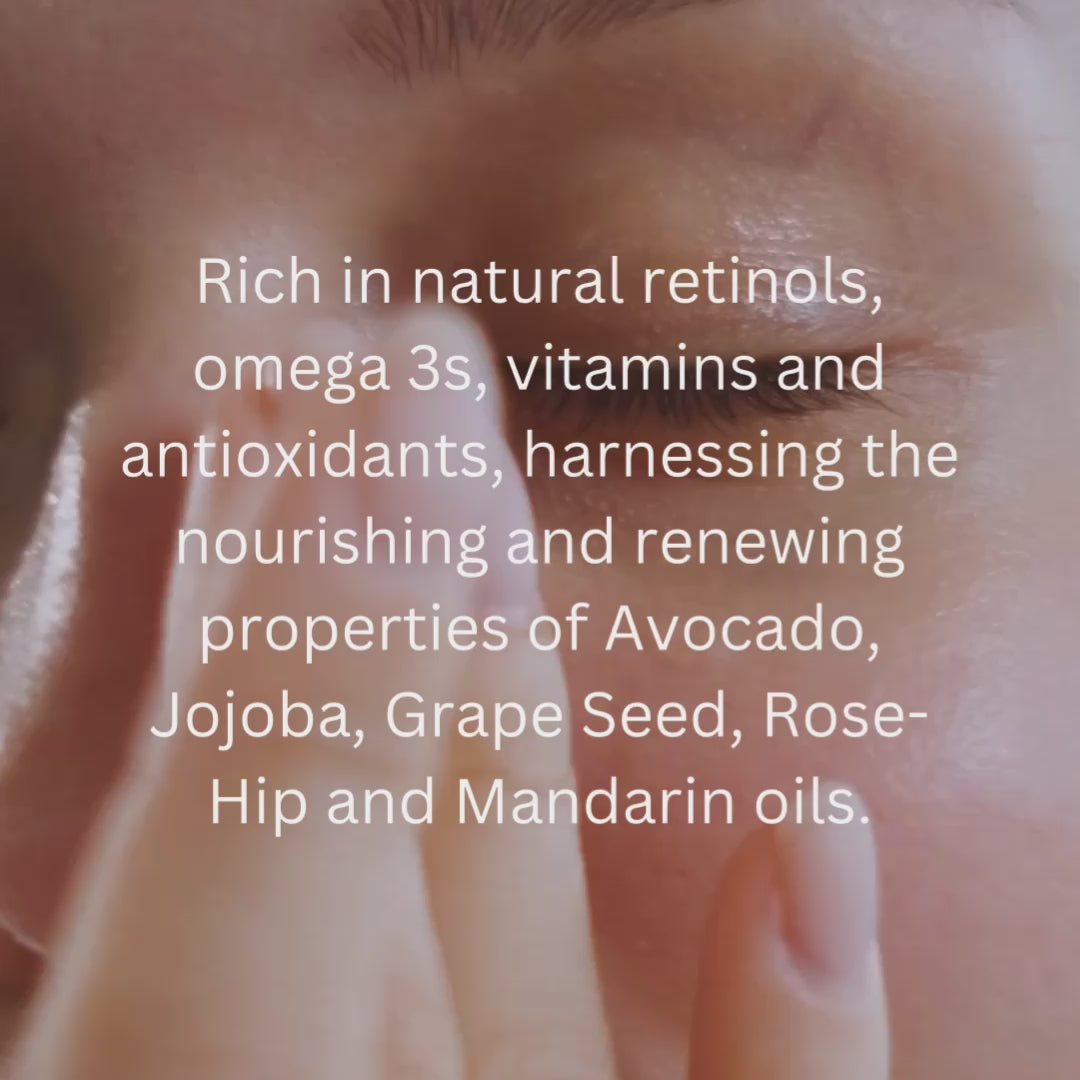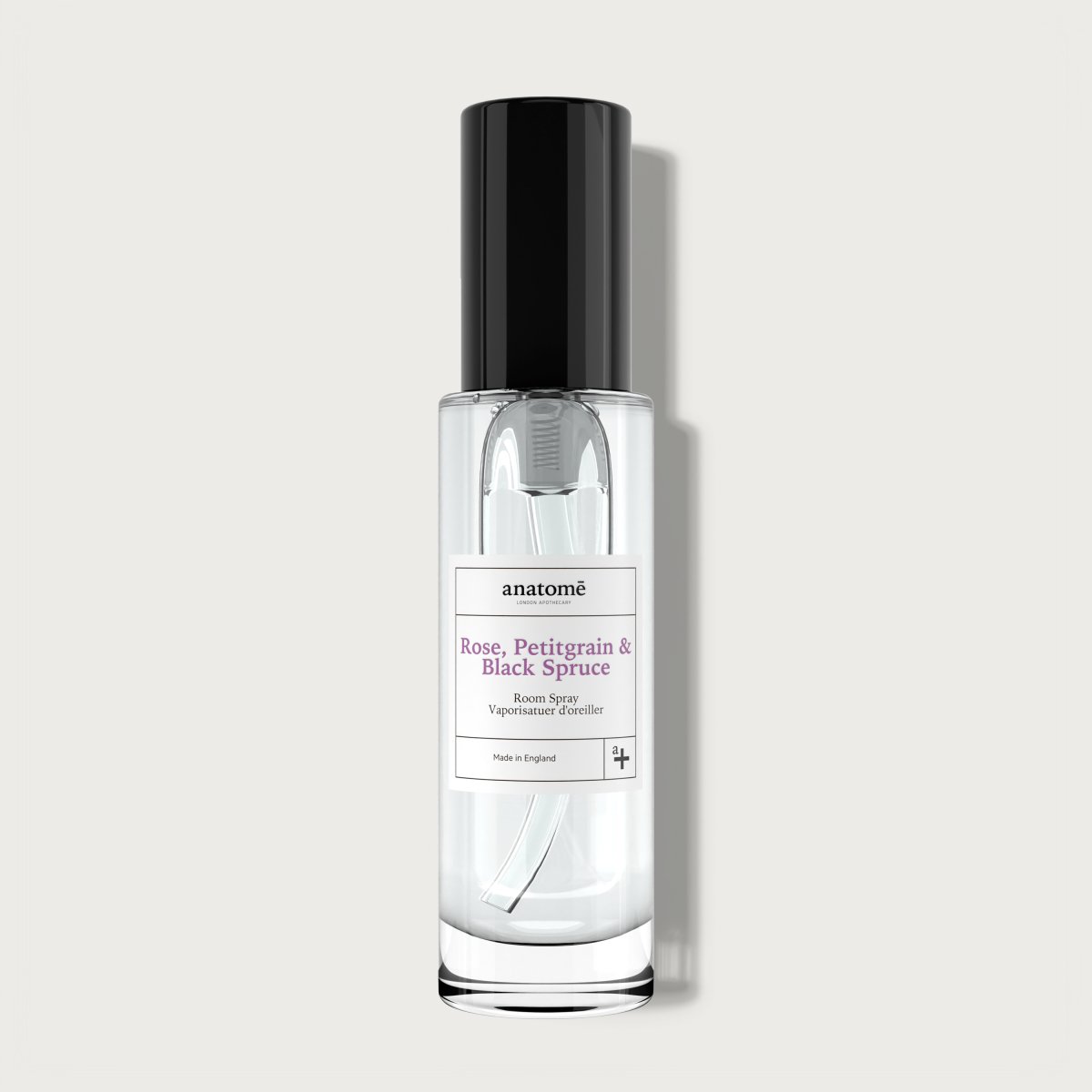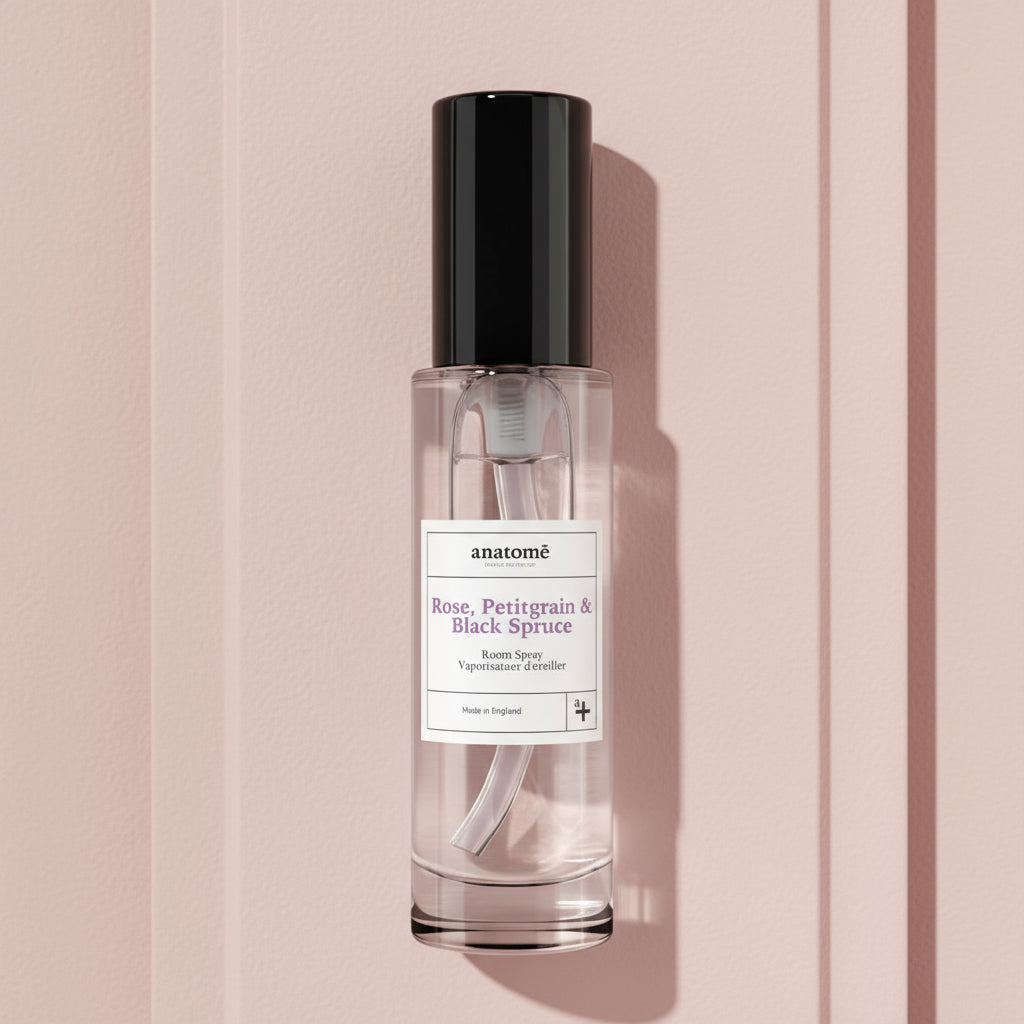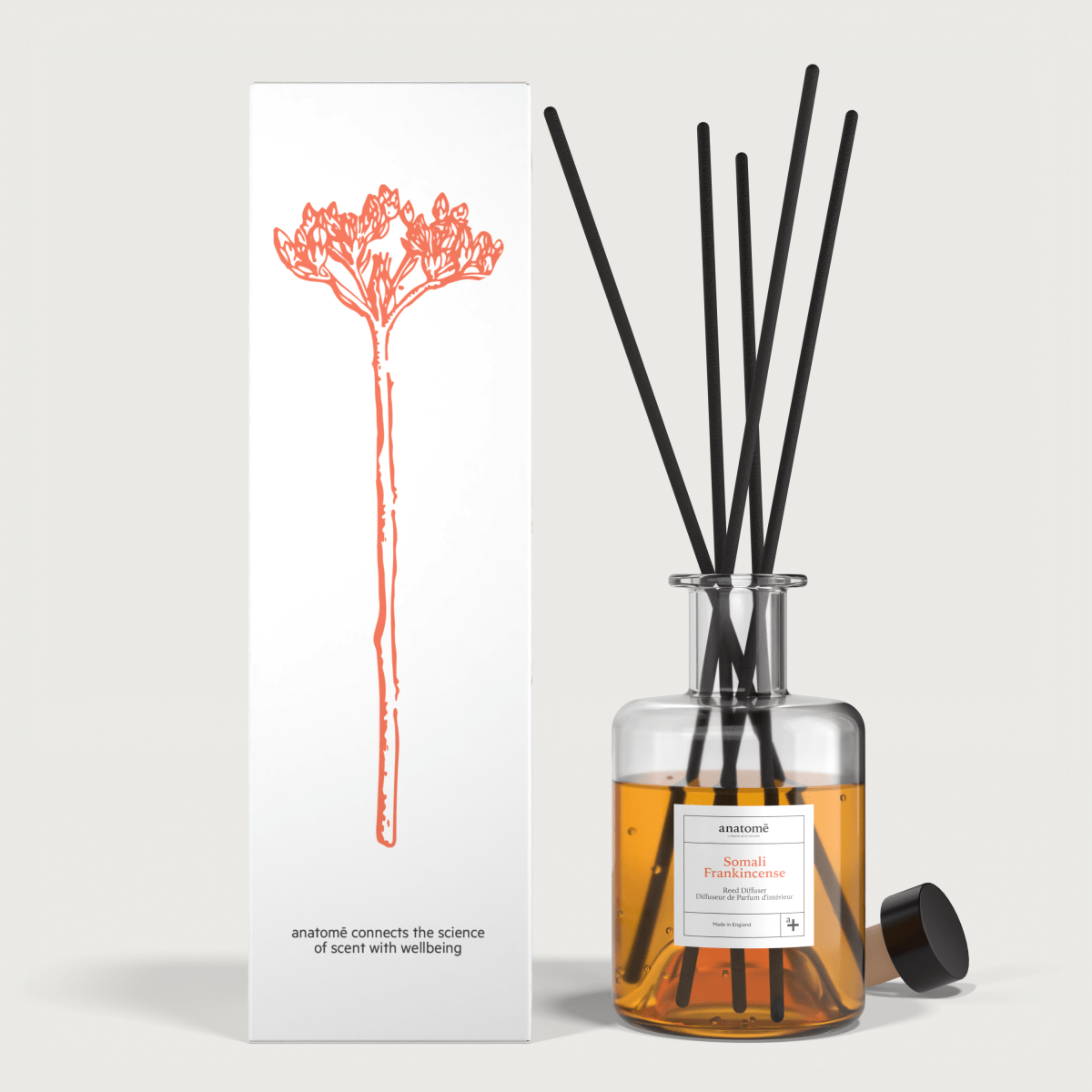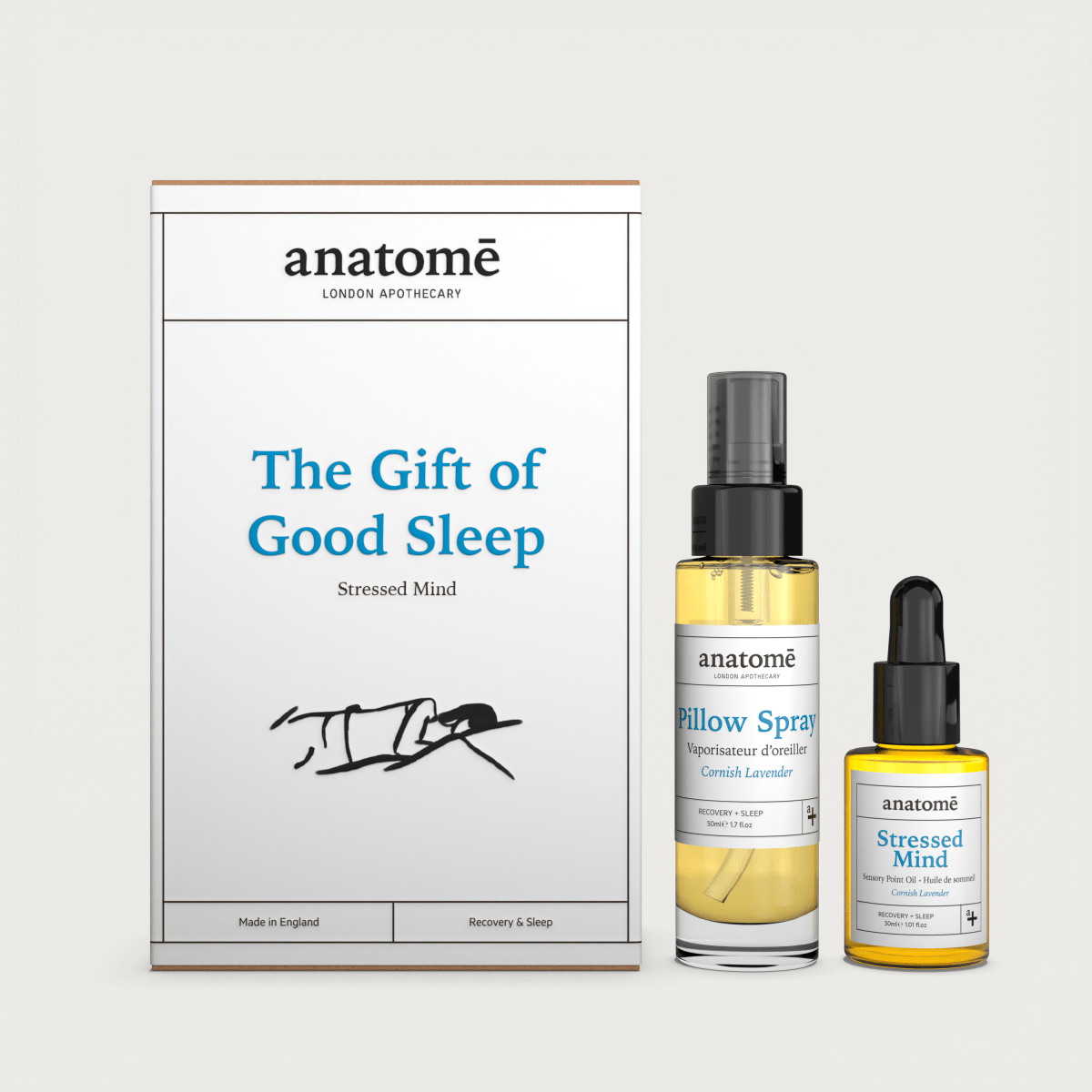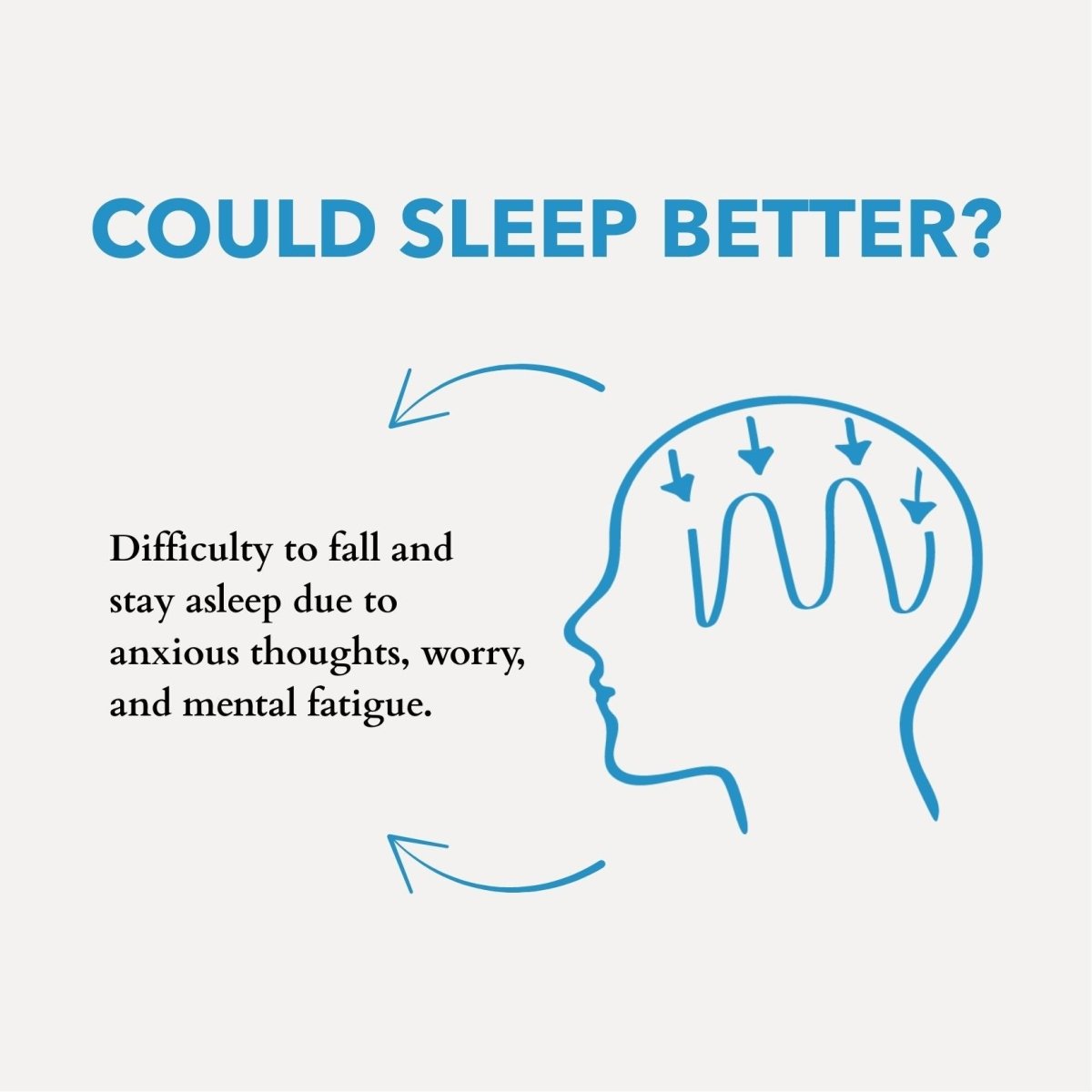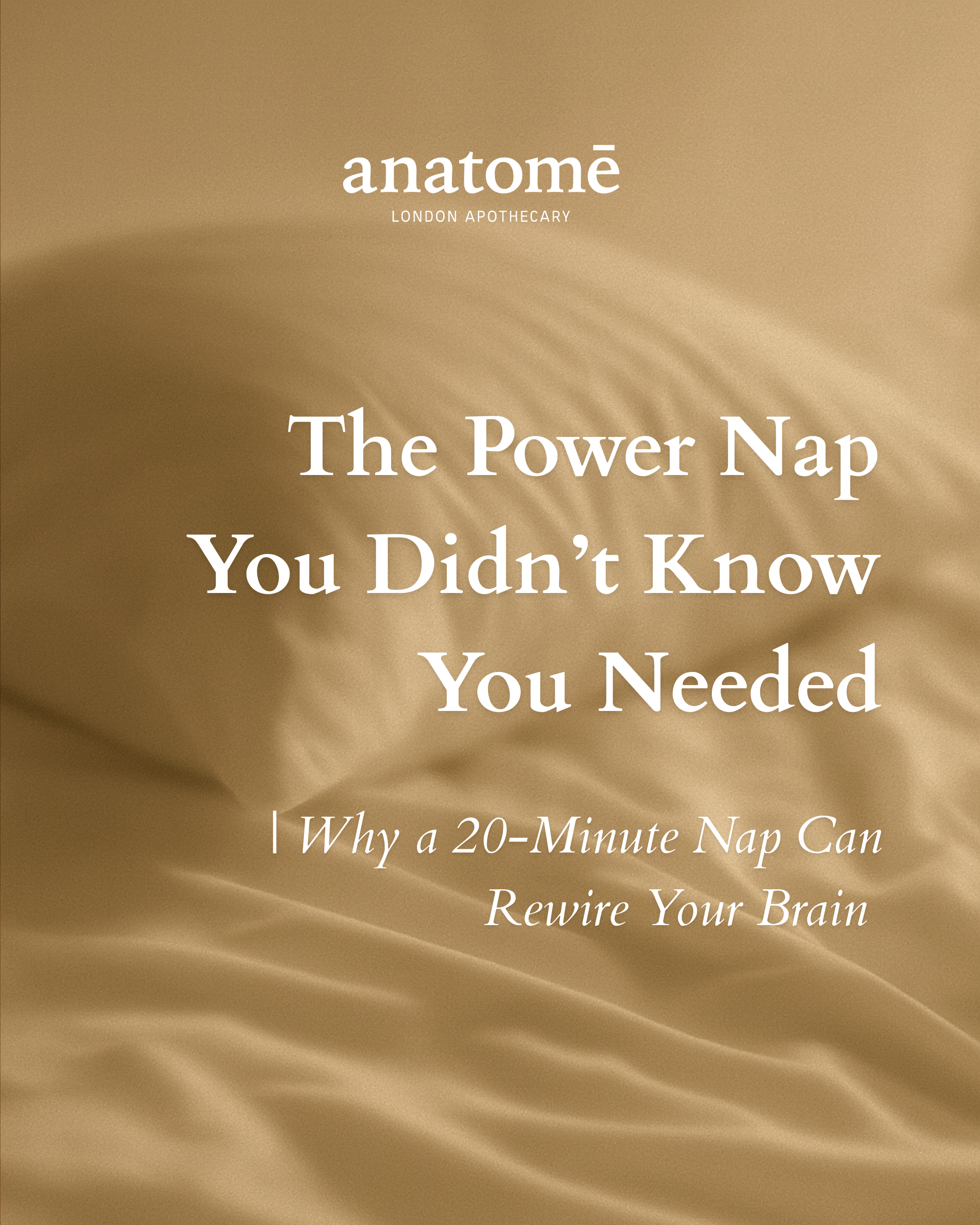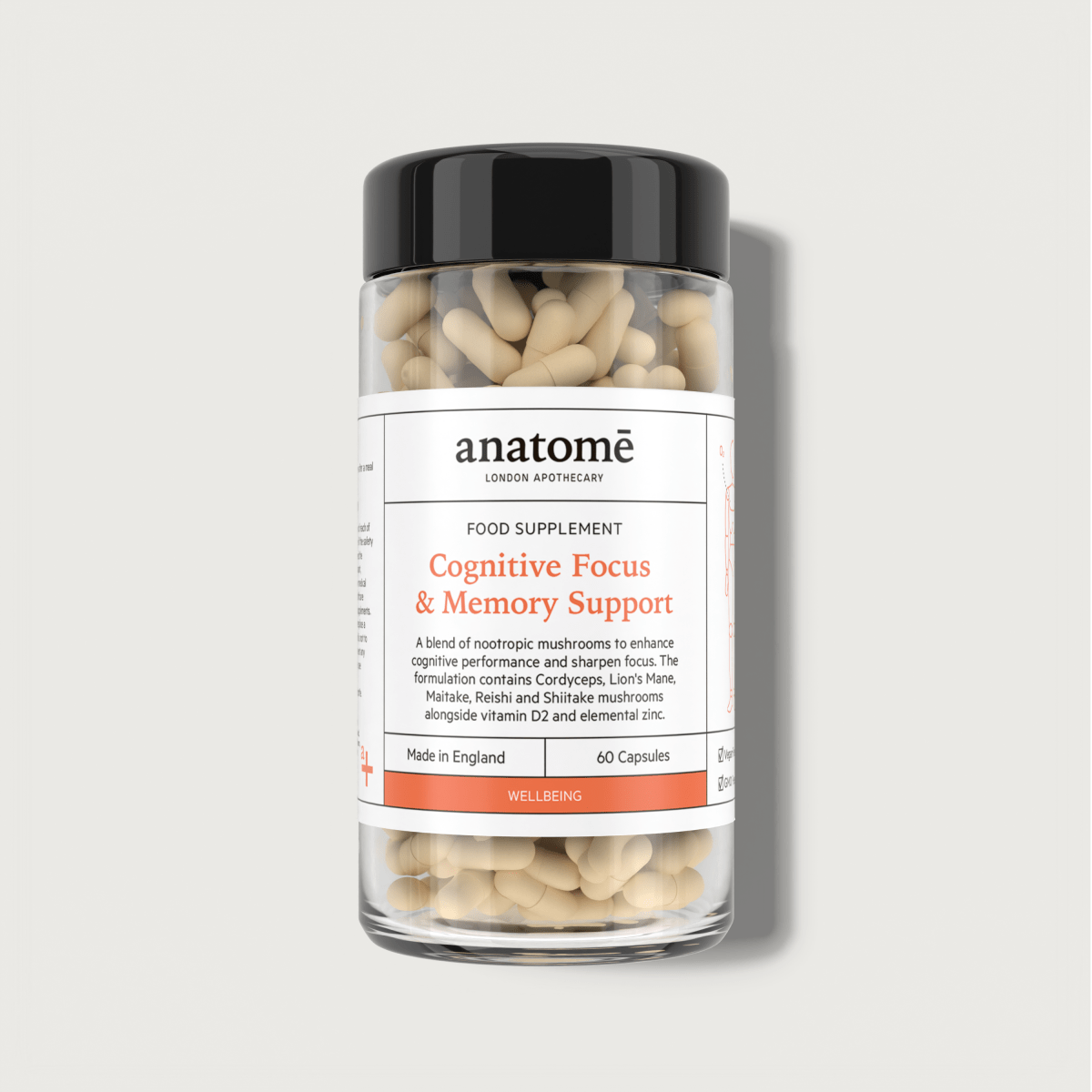
4 natural ways to combat hormone imbalances in the body
Hormonal imbalances are common in this day and age, from not being able to sleep, to the constant pressure to be productive, it can be hard to find balance. Our hormones dictate so much of our lives. They help to control our appetite, our moods, and even our weight. A lifestyle that doesn’t have balance or is unhealthy can contribute to an imbalance in our hormone levels. Plus, some hormones decrease as we age, adding to the challenges we face from an imbalance. Luckily, there are a number of things we can do to help combat these imbalances.
Exercise
There’s a reason that exercise is often prescribed as a treatment for everything from Polycystic Ovarian Syndrome to Depression. Exercise has a strong effect on our hormones, particularly insulin. Insulin isn’t just for helping your body to process sugar into energy, it also helps the body absorb amino acids that are used to maintain muscle mass. Regular exercise has been linked to increased insulin sensitivity and reduced insulin levels, helping to protect against diabetes, heart disease, and inflammation (1). One study found that exercise increased participants’ insulin sensitivity and levels of adiponectin, a hormone that has anti-inflammatory effects and helps regulate metabolism (2). There’s also evidence that exercise can help to regulate and stabilise our hormone levels (3).
Drink green tea
Green tea has long been lauded as one of the healthiest beverages around and for good reason. Not only does it have metabolism boosting effects due to its caffeine content, but it also contains an antioxidant known as epigallocatechin gallate (EGCG), which has a number of beneficial effects, including improving cardiovascular health, enhancing weight loss and protecting the skin (4). One study found that in menopausal women, green tea supplementation helped to decrease insulin levels and regulate the sex hormones more effectively (5).

Get Consistent, High-Quality Sleep
Sleep has been on everyone’s mind more and more over the last year, with more people complaining about poor sleep quality. Sleep is the number one thing we can do to improve our overall health, so poor sleep quality can be especially frustrating. Sleep helps to regulate the hormones including the growth hormone, melatonin, cortisol, leptin, and ghrelin (6). One study found that growth hormones were intermittently secreted during sleep and increased significantly at the sleep onset (7). This means that while we are sleeping, our body is restoring itself and repairing any damage from the day. If you’re having a hard time sleeping, it’s worth trying essential oils, magnesium, creating a sleep routine, and ensuring you have a consistent sleep schedule.
Manage stress
We all know the main stress hormones, cortisol and adrenaline, can wreak havoc on our bodies, not just our mental health. Chronic stress causes cortisol levels to remain elevated, which can lead to excessive calorie intake and obesity (8). Raised adrenaline levels can cause high blood pressure, rapid heart rate and anxiety (9). Although adrenaline is usually short lived, raising levels often can cause your blood pressure to remain high and keep you out of balance. Research has shown that you may be able to lower your cortisol levels by engaging in stress-reducing techniques like yoga and meditation (10). While it can be hard to manage your stress, including stress reduction techniques into your everyday life can help your hormones to remain in balance.
No matter what you’re struggling with, these techniques will help you to live a healthy lifestyle and should ultimately regulate hormone levels. If you still feel like your hormones are out of balance, even after engaging in these techniques and ensuring that you live a healthy lifestyle, speak to your GP for personalised help.
References:
- https://www.ncbi.nlm.nih.gov/pubmed/15166299
- https://www.ncbi.nlm.nih.gov/pubmed/25275268
- https://academic.oup.com/rheumatology/article/40/6/610/1784086
- https://www.ncbi.nlm.nih.gov/pmc/articles/PMC2903211/
- https://cancerpreventionresearch.aacrjournals.org/content/5/3/393#sec-10
- https://www.ncbi.nlm.nih.gov/pmc/articles/PMC4377487/
- https://pubmed.ncbi.nlm.nih.gov/2005213/
- https://www.ncbi.nlm.nih.gov/pubmed/11070333
- https://www.ncbi.nlm.nih.gov/pmc/articles/PMC4263906/
- https://pubmed.ncbi.nlm.nih.gov/1801007/

